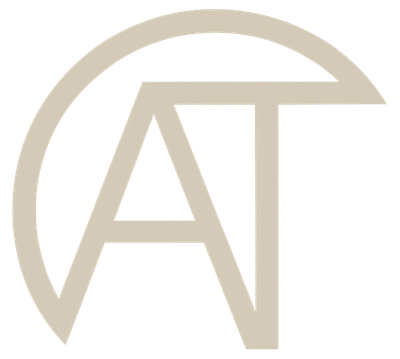As you write more, there's a subtle trap waiting to ensnare you: the allure of complexity. You might feel compelled to use fancier words, construct more intricate sentences, or dive into convoluted explanations. Don't fall for it.
The best writing is simple and direct. It's not about showing off your vocabulary or constructing elaborate prose. It's about communicating ideas effectively.
Your goal should always be to get to the point. Quickly. Clearly. Without fanfare. This isn't just good writing; it's the "job to be done" of writing to communicate an idea.
Think of each sentence as a container for insight. The more insights you can pack into each sentence, the more valuable your writing becomes. But don't confuse density with complexity. The real art is in delivering deep insights succinctly.
When I review my writing, I often find myself simplifying (a lot!). A paragraph becomes a sentence. A ten-word sentence becomes five words. It's not about making things shorter for the sake of brevity, but about distilling ideas to their pure essence.
Remember, you're not writing to impress. You're writing to communicate. To teach. To share ideas. The moment your language gets in the way of your message, you've failed.
This doesn't mean all writing should be elementary. Complex ideas sometimes require more explanation. But even then, aim for clarity. Use simple words to explain difficult concepts. Break down complex ideas into digestible pieces.
The true test of your writing is not how sophisticated it sounds, but how clearly it conveys your thoughts. Can a smart high school student understand it? If not, you might need to simplify.
In the end, plain writing isn't just about style. It's about honesty. It's about respecting your ideas enough to present them clearly, and respecting your readers enough to value their time and attention.
Subscribe to my newsletter to get the latest updates and news





Member discussion